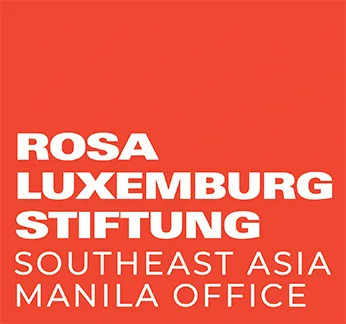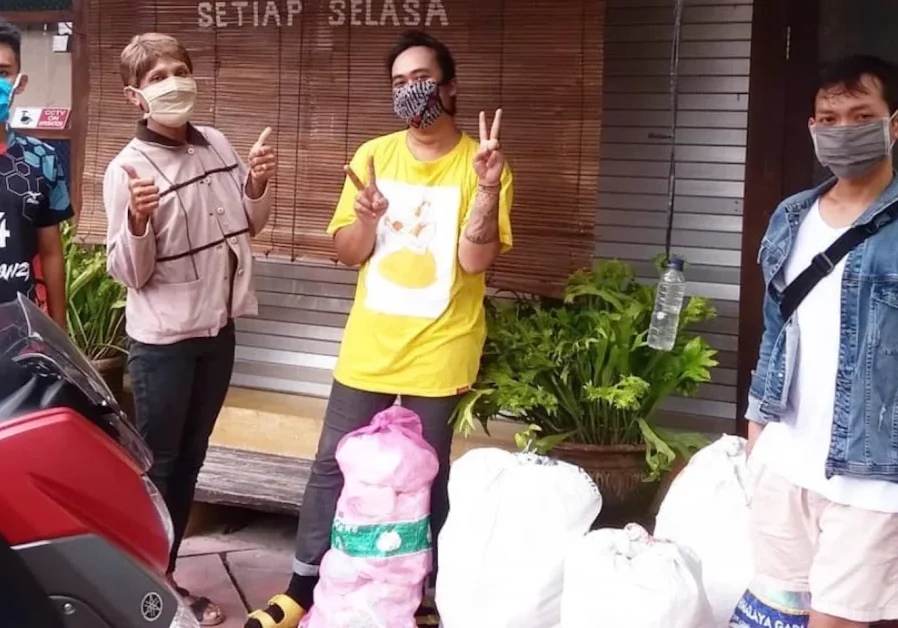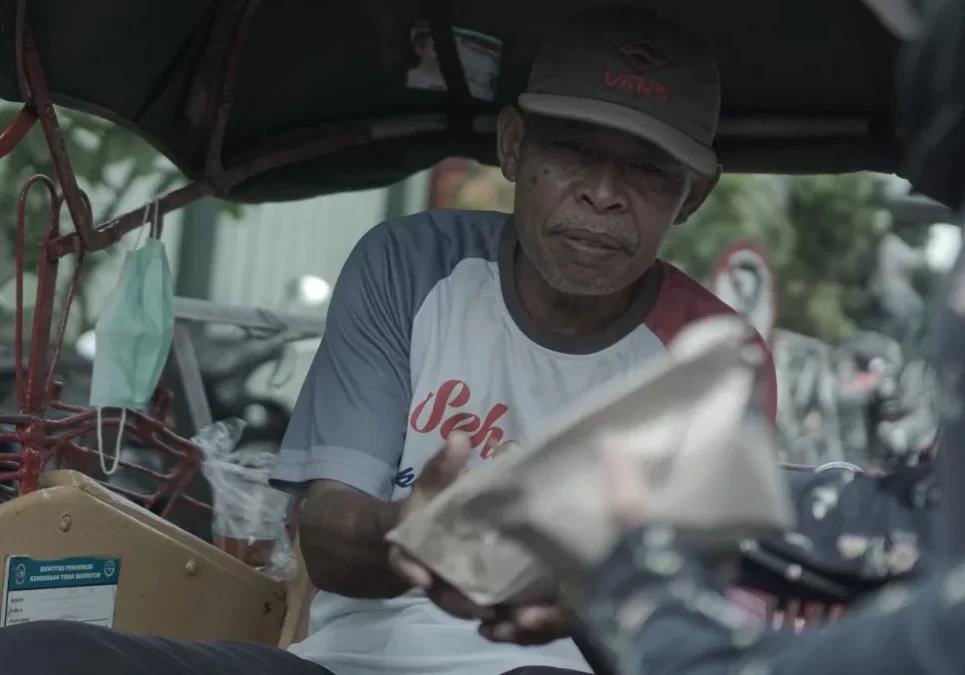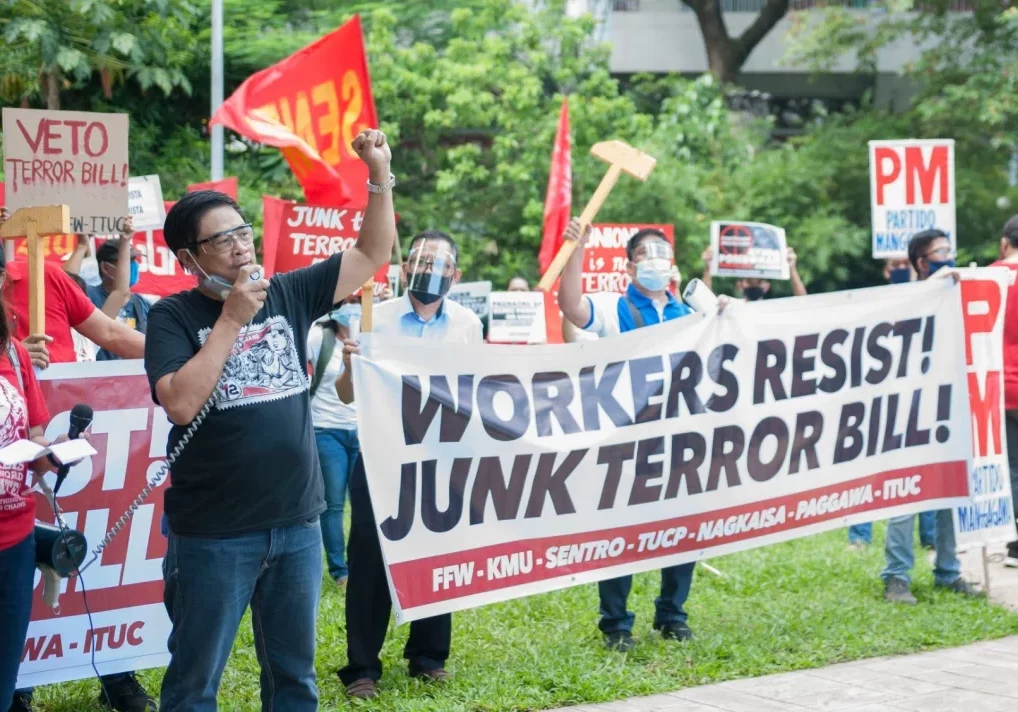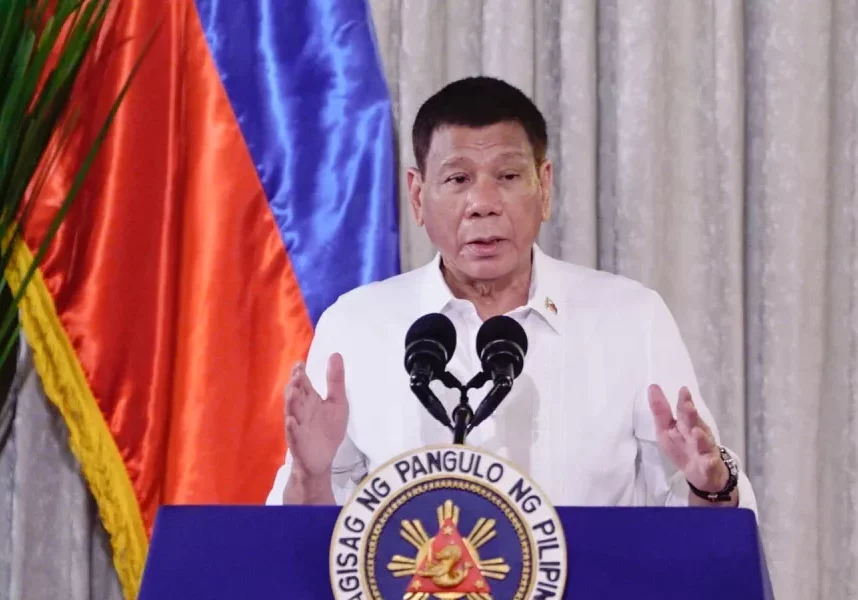Global Solidarity Series on lessons learned from Covid-19:
Transforming a global crisis into global solidarity?
The COVID-19 pandemic has exacerbated the struggle of Southeast Asian nations as they face one of the worst humanitarian crises in modern history. The pandemic amplified existing social divisions and inequality and paved way for the rise of new authoritarianism. The economic crisis hit the most vulnerable sectors of society with little to no social protection, proving once more that the prevailing system is no longer a viable and sustainable one.
The collection of papers in this series contains analyses from the Philippines and Indonesia, the two countries with the largest cases of the coronavirus in Southeast Asia. By telling the stories of their communities, authors expose the ways in which governments have failed the people during this pandemic. From underfunded and ill-prepared healthcare and education system, to the suffering of workers and poor people grappling with the lack of access to food and resources, it is clear that peoples’ lives are in peril.
This pandemic has been causing great loss and suffering, but not without lessons learned and opportunities to create a better society. Another truth that is particularly evident amidst the COVID-19 pandemic: the challenges of a global world cannot be solved at the national level alone. The worldwide fight for social justice: progressive forces in societies around the world—in all their diversity, with their regional knowledge and experiences in local struggles for a better world—must rediscover internationalism and renew it from the bottom up. The perspectives offered in this series will be used a starting point for a discussion of “new internationalism” as an approach in moving forward after the pandemic. Now more than ever, we need to talk about alternative ways to transform our society where social justice and equality are the norm.

